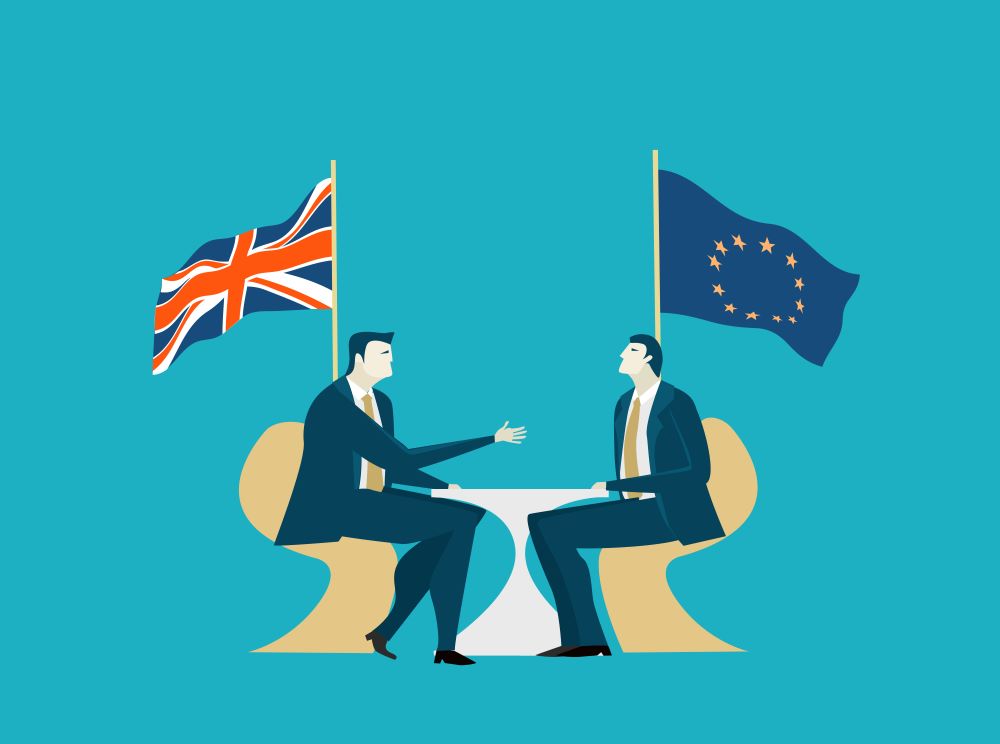
Ahead of a potentially pivotal meeting between the UK’s EU relations minister Lord Frost and European Commission vice president Maros Sefcovic over dinner tonight (15 April), “significant differences” remain between the UK and EU over the implementation of the Northern Ireland Protocol.
The Protocol seeks to avoid a hard border in Ireland post-Brexit while maintaining the integrity of the UK’s internal market.
The government has admitted that it has caused “teething problems” for businesses sending goods from Great Britain to Northern Ireland, with customs declarations now required for these movements.
According to the BBC, the UK has produced a technical plan for easing trade friction resulting from the Protocol, but no dates are set for when this plan could come into action.
No to alignment
The UK continues to reject the idea of aligning its sanitary and phytosanitary (SPS) standards for agrifoods and plant products to the EU’s.
This suggestion would reduce checks on such trade between Great Britain and Northern Ireland and remove the requirement for additional documentation such as export health and phytosanitary certificates.
The UK is instead pushing for a ‘trusted trader scheme’ through which firms could have their production and supply chain processes audited to prove their goods meet SPS standards, removing the need for checks and documentation.
Right direction
However, the Belfast Telegraph reports that technical talks have been moving in the right direction, with Boris Johnson’s official spokesman pointing to regular contact at all levels.
“Both the EU and the UK are engaging with business, civil society and other stakeholders in Northern Ireland to understand the issues that they are facing,” they said.
NI priced out
Industry experts have told the Loadstar that while progress in the talks is welcome, the costs for moving goods between Great Britain and Northern Ireland are increasing as a result of the new requirements.
Ulster University Business School’s senior economist, Esmond Birnie, said costs were rising “far more rapidly” in Northern Ireland than in other regions, threatening to price it out of the UK.
He said the Protocol meant it was now easier for Northern Irish firms to trade with the EU than with Great Britain.
Britain typically accounts for a greater share of Northern Irish trade, accounting for £10.4bn in trade last year compared with £2.4bn with the Republic of Ireland, according to Birnie.
More time
The government has also asked for more time to respond to Brussels’ legal action against the UK, which it launched last month.
The EU initiated proceedings because it believed that the British government’s unilateral extension of grace periods for the trade of parcels and agrifoods between Britain and Northern Ireland breached the terms of the 2019 Withdrawal Agreement.
A government spokesperson told Politico: “In line with precedent that typically allows two months to respond to proceedings of this kind, we have agreed with the EU that we will respond to the Letter of Formal Notice by mid-May.”



